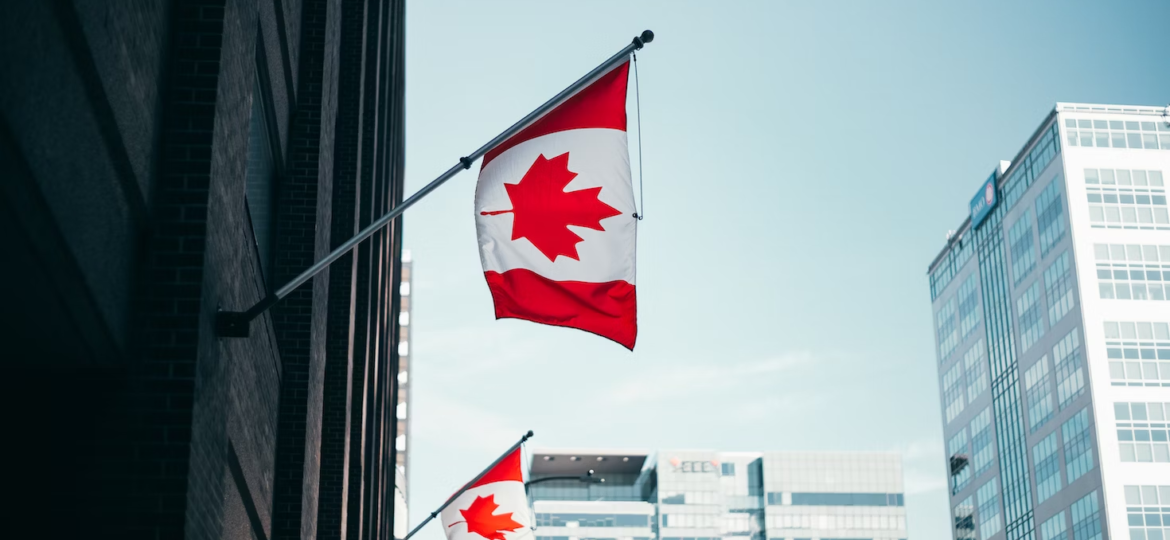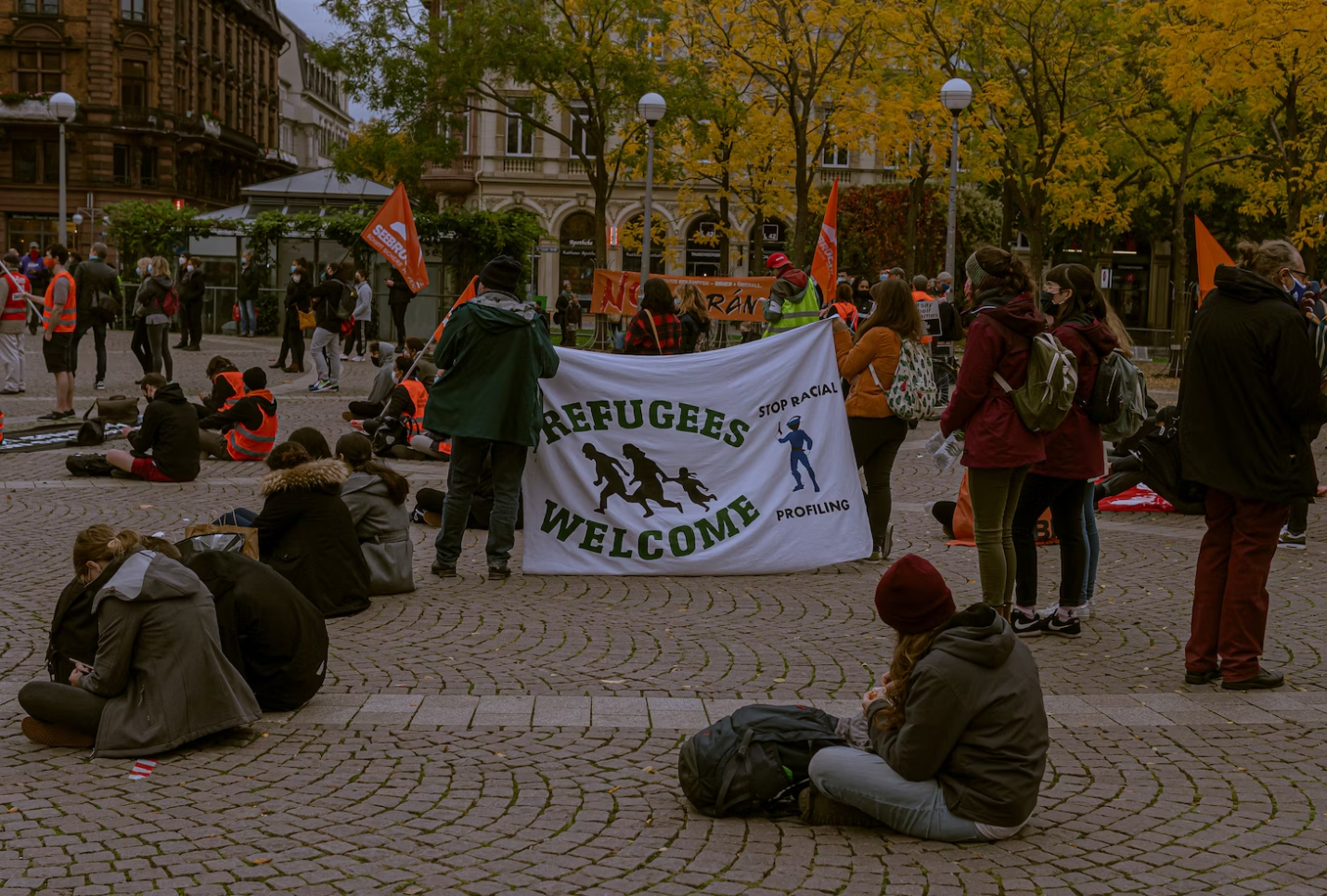
There is a massive refugee crisis in the world right now. According to the United Nations Human Rights Council (UNHRC), over 103 million people worldwide have left their homes due to force, persecution, conflict, or other forms of violence. As one of the welfare states in the world, Canada welcomes thousands of refugees to seek shelter within its borders every year. Since 1980, the country has welcomed around 1,088,015 refugees.
If you intend to apply for refugee status in Canada, you must understand the legal process and your rights as a refugee. However, the first stage is to find an immigration consultant who can assess whether you are considered a refugee, as defined by international and Canadian law. Nanda & Associate Lawyers has a team of immigration lawyers in Canada who can provide legal consultation and solutions regarding your immigration status and eligibility.
Let’s take a closer look at the legal framework for refugee rights in Canada.
Types of Refugees in Canada
If an individual is forced to flee their homeland due to persecution, war, or violence and cannot or does not want to return, they are considered refugees. A refugee is defined according to the Immigration and Refugee Protection Act, which is consistent with the criteria established by the United Nations Refugee Convention.
There are several kinds of refugees who can live in Canada. Individuals outside their home country and unable or unwilling to return due to a fear of mistreatment or punishment based on their beliefs, political views, race, nationality, or other characteristics are considered conventional refugees.
Individuals who have not yet obtained refugee status are asylum seekers. Other refugees may include resettled refugees—they are chosen by the government for resettlement in Canada and privately sponsored by Canadian individuals or organizations.
Understanding refugee rights in Canada is necessary when seeking refugee status in Canada. As a refugee, you may experience some challenges while adjusting to your new environment in a country. Luckily, Canada has a legal and moral commitment to protect the rights of refugees seeking asylum within its borders as a signatory to the United Nations Refugee Convention.
Who Can Make a Refugee Claim and How?
Anyone physically present in Canada, regardless of their visa status, can claim refugee protection if they meet the criteria for refugee status under the Immigration and Refugee Protection Act. It includes individuals in Canada on a visitor visa, student visa, work permit, or any other temporary resident status.
Individuals must fill out an application form and attend an interview with an immigration official to make a refugee claim in Canada. You can submit the application form to Immigration, Refugees, and Citizenship Canada (IRCC) with assistance from an immigration consultant from an established immigration law firm.
During the interview, the immigration officer will inquire about the individual’s background and the grounds for seeking asylum in Canada. The officer will also question the individual to establish whether they fit the criteria for refugee status under Canadian law. If the officer concludes that the person has a reasonable explanation for seeking refugee, the case will be sent to the Immigration and Refugee Board of Canada (IRB).
You will then have to explain your case and provide evidence to support your refugee claims for protection at the IRB hearing. Based on the facts provided at the hearing, the IRB will evaluate whether you’re entitled to refugee protection.
Seems like a lengthy procedure, right? Experienced Canadian immigration lawyers can make the process simple for you. Get an immigration lawyer to understand the procedure and ensure your rights are protected.
The Role of the Immigration and Refugee Board (IRB) in Processing Claims
In Canada, the Immigration and Refugee Board (IRB) attends to refugee claims. It is an independent administrative court that works with the Canadian government.
When a person files a refugee claim, IRB processes it. IRB officials will hold a hearing at which the claimant will present their argument and evidence in support of their claim for refugee status. Based on the facts given, the IRB member presiding over the hearing will make a judgment on the claim.
The IRB has two divisions that deal with various types of claims. The Refugee Protection Division (RPD) hears claims from people who are in Canada and seeking refugee status. The RPD is in charge of evaluating whether a claimant is a Convention refugee or needs protection.
The Immigration Division (ID) hears cases involving admission to Canada and detention reviews. The ID is in charge of deciding whether a person is admitted to Canada and making detention and release decisions.
The IRB also includes an Appeal Division that hears appeals from RPD and ID judgments. It evaluates decisions by the two divisions to ensure they follow Canadian law and are fair.
Rights of Refugees in Canada
Refugees in Canada have various legal rights, including those to work, seek education, and get access to healthcare. Once you’re given refugee status, you will have the same rights as Canadian citizens and permanent residents.
Education
The right to education guarantees refugees access to educational opportunities and services from schooling to graduation. Discrimination against refugees in schools and educational institutions is prohibited under Canadian law.
Healthcare
The right to healthcare entitles refugees to healthcare and medical treatment, including hospitalization, medical appointments, and mental health services. Refugees have equal access to healthcare services and benefits as any other citizens.
The Legal System
In addition to these rights, refugees in Canada have the right to legal counsel and representation. They can hire a corporate lawyer or family lawyer for business and personal matters. They can also hire an immigration lawyer to seek judicial review of IRB rulings. It assures that refugees in Canada can defend their legal rights and seek justice.
Movement
Refugees are allowed to move freely inside the country and associate with others. They also have the right to exercise their religion and culture without fear of punishment or discrimination.
Discrimination
Under the Canadian Charter of Rights and Freedoms and other human rights legislation, refugees in Canada are protected from discrimination based on gender, race, religion, nationality, and other factors. In fact, as of 2021, Canada was the most gender-equal country in the world. It ensures that all refugees are treated fairly and respectfully in Canada.
Common Challenges Faced by Refugees
Being a refugee is difficult in any country despite the legal protection. Leaving your home country and settling into a new one can be a challenging process. Here are some significant challenges refugees face in a new country.
Language Barrier
English is the most widely spoken language in Canada. Many refugees arriving in Canada may have little to no English language competencies. It makes it difficult for them to navigate the legal system and obtain services. However, immigration lawyers at Nanda & Associate Lawyers can speak more than 15 languages, including Punjabi, Hindi, Urdu, Mandarin, and Telugu.
Lack of Information
Refugees may be unaware of their rights or the services available, making it difficult to utilize these resources. An immigration lawyer can provide the information they need about their rights and country laws.
Financial Constraints
Refugees may have financial challenges obtaining an immigration lawyer or healthcare treatment if they are not yet qualified for government aid. Nanda & Associate Lawyers provide their legal services at a reasonable cost to refugees in Canada.
Mental health issues
Research shows that one out of three refugees experience mental health issues like depression, anxiety, and post-traumatic stress disorder. Many refugees have undergone trauma and may have these mental health issues, which makes it difficult for them to build a social life and move forward.
The Role of the Canadian Government
The government of Canada is committed to addressing the global refugee crisis. They work with the United Nations and other human rights organizations to protect the rights of refugees by developing and implementing policies that ensure fair and equal treatment.
If you’re in Canada on any type of visa and are planning to seek asylum, our immigration lawyer in Canada can help you out. We offer legal consultation and solutions related to refugee rights and regulations in Canada. If you want to apply for refuge in Canada, our top immigration lawyers in Toronto can take care of the procedure for you. We also have real estate lawyers, divorce lawyers, civil litigation lawyers, and more to fulfill all your legal needs and requirements.
Our team of lawyers at Nanda & Associate Lawyers can help you every step of the way. Contact us now to get a consultation.
Disclaimer: This article is only intended for educational purposes and shouldn’t be used as legal advice









